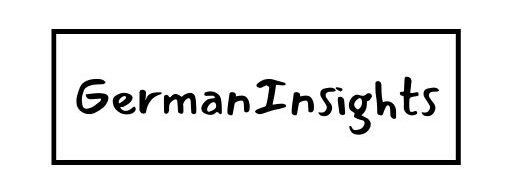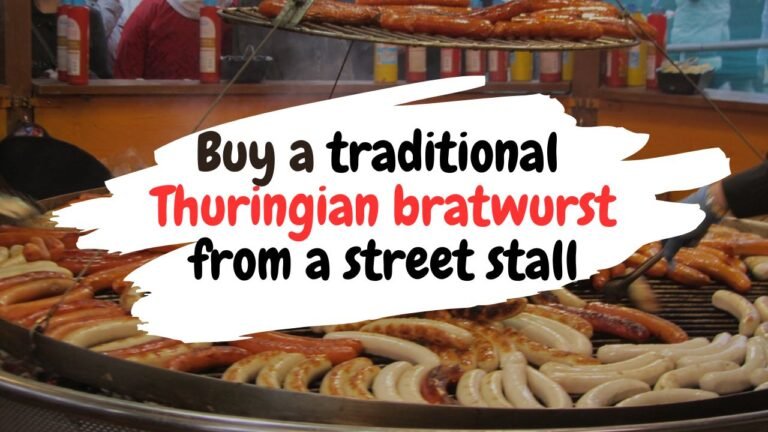German Grocery Prices in 2025: Your Guide to Shopping at Aldi, Lidl, and Rewe

Shoppers in Germany can expect a mixed bag when it comes to grocery prices in 2025, with ongoing inflation being met by fierce competition and strategic price cuts among the nation’s leading supermarkets. While the cost of a weekly shop is predicted to be higher than in previous years, savvy consumers can still find ways to save by understanding the pricing strategies of discount giants Aldi and Lidl, and the multi-tiered approach of the popular supermarket chain Rewe.
Recent data indicates that food inflation in Germany is expected to continue in 2025, albeit at a potentially slower pace than the significant hikes seen in the recent past. Projections for overall food price inflation hover around the 2-3% mark, meaning consumers will likely see a continued, though less dramatic, increase in their grocery bills.
However, a closer look at the country’s major food retailers reveals a dynamic landscape where price wars and promotions are helping to offset some of these rising costs for consumers.
The Discounters: Aldi and Lidl Leading the Price Battles
The German grocery market remains heavily influenced by its homegrown discounters, Aldi and Lidl. Both chains are engaged in a perpetual price war, ensuring that the cost of basic necessities remains highly competitive.
In a significant move in March 2025, Aldi announced a series of price reductions on over 30 essential items. This initiative saw the cost of staples like cooking oils, bread, cereals, and spreads decrease. For example, a 750ml bottle of olive oil was reduced, and the price of a 500g pack of butter toast also saw a drop.
Lidl, not to be outdone, consistently matches Aldi’s prices on a wide range of everyday products. Consumers can expect the prices for a basket of essential goods at both discounters to be remarkably similar. Weekly specials and promotional offers, heavily advertised in their online brochures, provide further opportunities for savings on fresh produce, meat, and dairy.
A Typical Shopping Basket at Aldi and Lidl in 2025:
| Item | Estimated Price |
| 1 liter Milk (own brand) | €1.09 – €1.29 |
| 1 kg Potatoes | €1.29 – €1.79 |
| 500g Mixed Minced Meat | €4.49 – €4.99 |
| 1 loaf of Bread (Mischbrot) | €1.79 – €2.29 |
| 10-pack Eggs (free-range) | €2.49 – €2.99 |
| 500g Pasta (own brand) | €0.99 – €1.29 |
| 1 head of Iceberg Lettuce | €0.99 – €1.49 |
| 1 kg Apples | €2.29 – €2.79 |
| 250g Butter | €1.49 (as of Sep 2025) |
Note: Prices are estimates based on available data and current trends for 2025. Actual prices may vary by region and specific product.
Rewe: A Supermarket for Every Budget
Rewe, a full-service supermarket, offers a different shopping experience compared to the no-frills approach of Aldi and Lidl. While a general shop at Rewe can be more expensive, the key to saving money here lies in understanding their extensive own-brand system.
Rewe caters to a variety of budgets through its tiered private labels:
- ja! (Yes!): This is Rewe’s budget-friendly range, directly competing with the prices found at Aldi and Lidl for a vast array of everyday products, from canned goods and dairy to pasta and cleaning supplies.
- Rewe Beste Wahl (Best Choice): Positioned as the mid-range option, these products often offer a higher quality or a wider variety than the ‘ja!’ brand, at a still competitive price point.
- Rewe Bio (Organic): This line features a broad selection of certified organic products, catering to the growing demand for sustainable and healthier food options.
- Rewe Feine Welt (Fine World): At the premium end, this range includes gourmet and specialty items, perfect for special occasions or for those seeking more indulgent products.
By strategically choosing from the ‘ja!’ and ‘Rewe Beste Wahl’ lines, shoppers at Rewe can assemble a grocery basket that is surprisingly comparable in price to the discounters, while also having access to a wider selection of branded goods and fresh produce.
The Bottom Line for 2025
For the most budget-conscious shoppers in Germany, Aldi and Lidl will remain the go-to destinations for the lowest overall prices on essential groceries. The ongoing price competition between these two giants ensures that consumers benefit from rock-bottom prices on a core range of products.
However, for those who prefer a broader selection and a more traditional supermarket experience, Rewe offers a compelling alternative. By focusing on their ‘ja!’ and ‘Rewe Beste Wahl’ own brands, shoppers can effectively manage their grocery spending while enjoying the greater variety that a larger supermarket provides. Keeping an eye on the weekly online brochures (“Prospekte”) from all three retailers will be the most effective strategy for securing the best deals and navigating the evolving landscape of German grocery prices in 2025.
If you’re looking for more blog like What’s a ‘Comfortable’ Salary in Germany? and The Real Cost of Living in Germany for a Single Person subscribe to join us.






